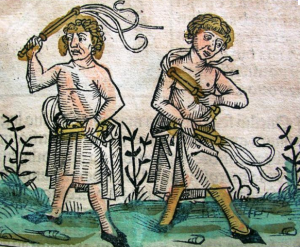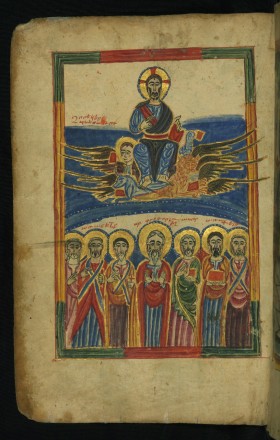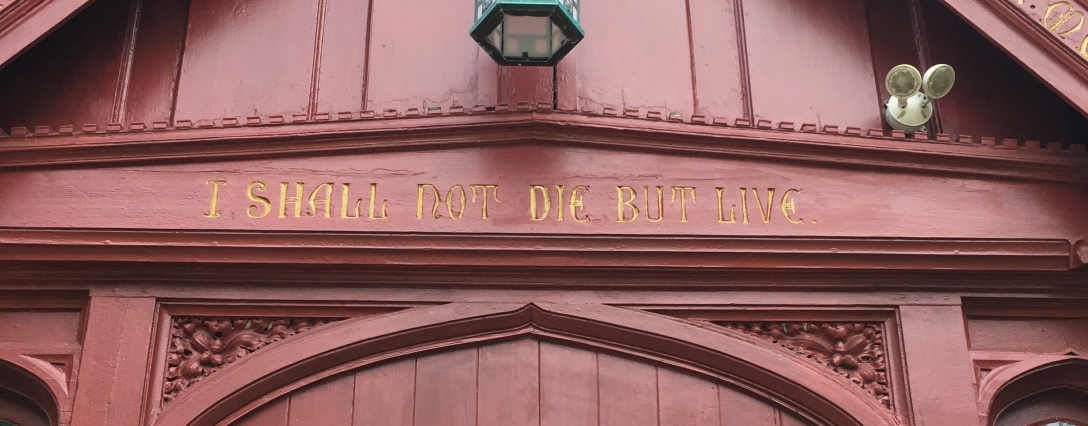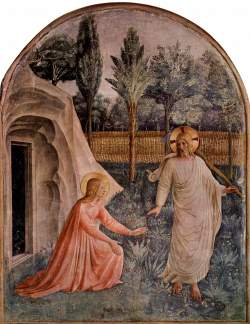Sermon preached at Christ Church
Greenwich, Connecticut
July 22, 2018 / Ninth Sunday after Pentecost (Year B)
Ephesians 2:11-22
Mark 6:30-34, 53-56
If I were to say to you, “Tell me about yourself,” how would you answer?
In our society of merit, where individual character and achievement are supposed to determine a person’s value, answering this question – and answering it well – tends to be a matter of consequence. In our society, we are engaged constantly in the work of distinguishing ourselves.
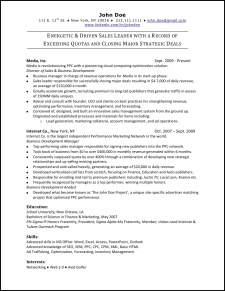 Perhaps we would start with our family background, or where we grew up, or where we went to school, or what we do professionally, or what our hobbies are.[1] We might politely highlight our best qualities, draw the listener’s attention to the better points on our résumé, and leave the less savory parts of our past unsaid. We all want to matter, we all want to stand out, and we are told that, in a competitive marketplace, we have to distinguish ourselves.
Perhaps we would start with our family background, or where we grew up, or where we went to school, or what we do professionally, or what our hobbies are.[1] We might politely highlight our best qualities, draw the listener’s attention to the better points on our résumé, and leave the less savory parts of our past unsaid. We all want to matter, we all want to stand out, and we are told that, in a competitive marketplace, we have to distinguish ourselves.
It can be exhausting, and as the Apostle Paul says in our first lesson today, when all is said and done, all such distinctions are null and void.
[Christ] has broken down the dividing wall… between us, Paul writes.
Even two thousand years ago, making distinctions between people was nothing new. In Paul’s time and among his colleagues, the relevant distinction lay not between success and failure, nor between rich and poor, but between Jew and Gentile, circumcised and uncircumcised: between those people with whom God had made his covenant, and the non-Jews – the pagans and heathens who were being brought into this new family of Christians.
The distinction was a matter of intense controversy. I will never forget sitting as an undergraduate in a class on the New Testament. After a discussion of some part of St Paul’s theology, a hand went up timidly in the back of the classroom.
“Professor; will the Jews be saved?”
The professor looked up from his notes, frowned, and slapped the podium.
“Of course the Jews will be saved!” he thundered. “That’s not the question. The question is: will the rest of us be saved!”[2]
Our first lesson today immediately follows Paul’s reminder to his Gentile readers of where they stood, which was nowhere. “You were dead,” he writes, “through the trespasses and sins in which you once lived, following the course of this world.”[3] These Gentiles were not God’s chosen; they were not the moral people, neither the religiously accomplished nor the socially distinguished. They were following “the course of this world;” in other words, they were following the vain superstition that by their own effort, and by their own merit, that they could outrun aging, loss, pain, and death. They were, in Paul’s words, “children of wrath, like everyone else.”[4]
That is the sum of human distinctions, and in Paul’s view, they don’t amount to much.
“But God,” he writes, “who is rich in mercy, out of the great love with which he loved us even when we were dead through our trespasses, made us alive together with Christ.”[5] Do you hear who the actor is, and how the action works? This is God’s doing, it is God’s activity, and human agency has no part in it. This is the more complete version of “God so loved the world,” although it is less suitable for greeting cards: God loved us even when we were dead through our trespasses, and in raising from the dead his incarnate Son, he has opened new life to us as well.
In this morning’s first lesson, Paul reminds his readers that they were once “without Christ, being aliens from the commonwealth of Israel, and strangers to the covenants of promise;” they had “no hope and [were] without God in the world.”[6] But those distinctions – between Gentile and Jew, between stranger and friend – have been collapsed in the person of Jesus Christ, into whose blessed passion, death, and resurrection all Christians have been united through our Baptism by water and the Holy Spirit. We are, as Paul writes, “no longer strangers and aliens, but… are citizens with the saints and also members of the household of God.”[7]
The God who made each of us, the God by whom Jesus says that even “the very hairs of your head are all numbered,” has deemed us worthy to be counted citizens and members of his household.[8] We are not asked by God to perform our worth; instead we are freed by grace to lead lives of generosity and warmth and good humor. We are freed by the secure knowledge that in the resurrection of Jesus Christ our distinctiveness has been declared forever. That’s what it is to be built spiritually into a dwelling place for God and holy temple for the Lord: it is to be a person in whose life the love of God cannot but help be made obvious through humility, kind-spiritedness, and strength of character. And what a relief it is.
Our first hymn this morning was written by the great hymn-writer Charles Wesley, on the first anniversary of his conversation to Christianity. You may have noticed particularly the third verse:
Jesus! the name that charms our fears,
that bids our sorrows cease,
’tis music in the sinner’s ears,
’tis life and health and peace.[9]
The Name of Jesus itself is life and health and peace.
We see this on vivid display in today’s second lesson. Even though Jesus and the disciples had crossed the Sea of Galilee to get a bit of rest, the public finds him on the other side.
“People at once recognized him, and rushed about that whole region and began to bring the sick on mats to wherever they heard he was.” They came in droves from the whole country, and the fact that so many came to Jesus for healing tells us not that no one else would heal them, but that no one else could… and that they could not heal themselves.
It doesn’t matter what you and I have done, what we have achieved, or what we can bring to God. What distinguishes us is that God has come to us – and as one of us – humbling himself to be born in a stable and die on a hill, for our sake, for no other purpose than His own pleasure and love for us who were made in His image.
“Tell me about yourself.”
You are citizens with the saints and also members of the household of God, built upon the foundation of the apostles and prophets, with Christ Jesus himself as the cornerstone. In him the whole structure is joined together and grows into a holy temple in the Lord; in whom you also are built together spiritually into a dwelling place for God.
AMEN.
[1] This is, ironically but not incidentally, exactly the progression of the preacher’s short biography, which he wrote for himself, on the Christ Church website.
[2] See Romans 7-8 for Paul’s discussion of the eternal validity of God’s covenant with Israel.
[3] Ephesians 2:1-2
[4] Ephesians 2:3
[5] Ephesians 2:4-5
[6] Ephesians 2:12
[7] Ephesians 2:19
[8] Luke 12:7
[9] “O for a thousand tongues to sing,” Charles Wesley, 1739; Hymnal 1982, 493.



